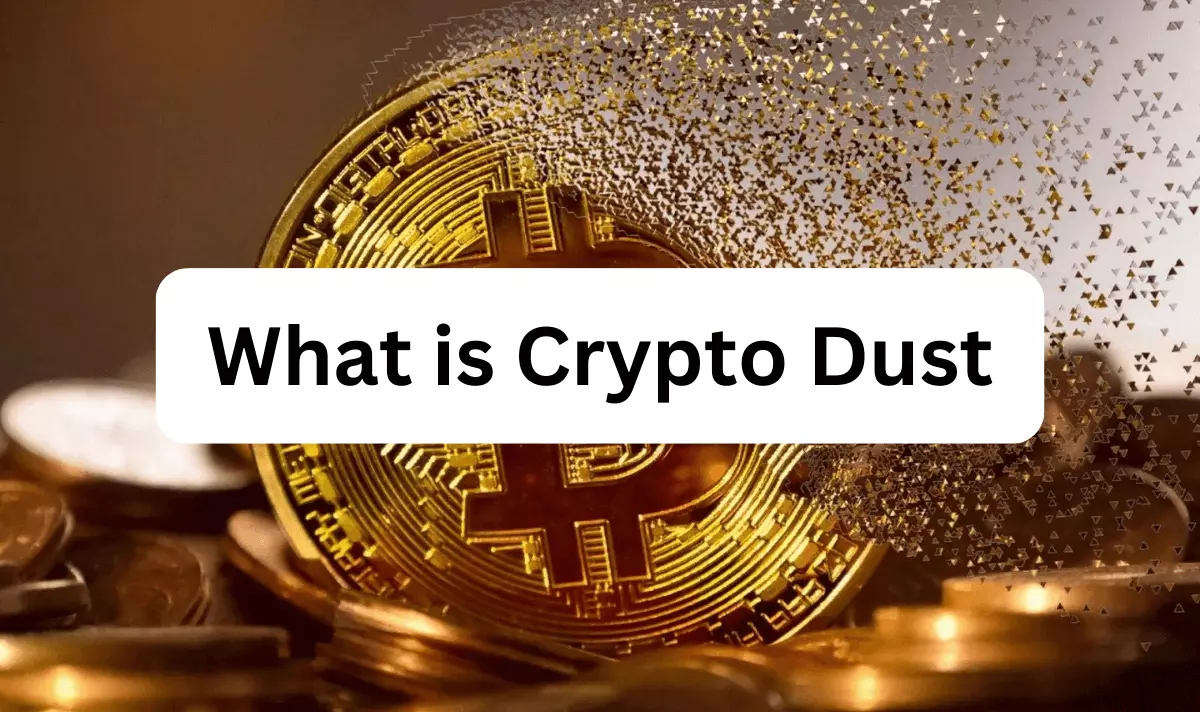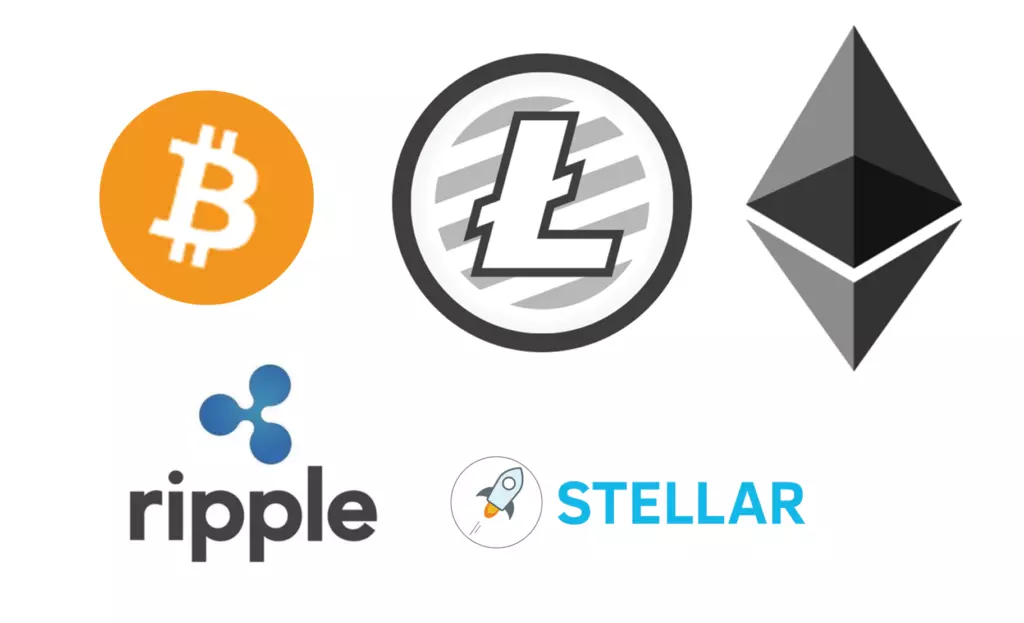As Bitcoin ETFs gain mainstream traction, institutional investors are accelerating their entry into digital assets. With the approval of multiple spot Bitcoin ETFs in the U.S. and other global markets, the dynamics of digital asset portfolio management and institutional strategies are rapidly evolving. The ETF boom marks a pivotal shift—not just in accessibility, but in how large financial entities engage with blockchain ecosystems.

But what does this mean for the future of decentralized finance (DeFi)? How are hedge funds, asset managers, and pension funds responding to this regulated gateway into Bitcoin exposure? Let’s explore the ripple effects of Bitcoin ETFs across the institutional landscape.
Content
The Appeal of Bitcoin ETFs to Institutions
Bitcoin ETFs provide regulated, secure, and custody-backed access to Bitcoin, without requiring direct ownership or technical expertise. For institutions wary of private key management or crypto exchange risks, ETFs offer an appealing entry point. Unlike previous digital asset offerings, spot Bitcoin ETFs reflect actual Bitcoin holdings, meaning these instruments track the real-time price with less volatility and slippage.
For risk-averse institutions that require regulatory oversight, this structure offers a clearer compliance framework. It’s also an easier proposition for portfolio management consultants who need to justify allocations to conservative boards or investment committees.
Driving Market Liquidity and Price Stability
One of the most immediate effects of Bitcoin ETF adoption is the increase in market liquidity. When large institutions purchase ETFs, issuers must acquire the equivalent amount of Bitcoin to back those shares. This creates sustained demand on the spot market, leading to deeper liquidity pools and potentially reducing volatility over time.
As institutional capital flows through regulated ETFs, retail investors may also benefit from improved price stability, setting the stage for digital assets to behave more like mature financial instruments. According to data from sources such as CoinShares, Bitcoin ETF inflows surpassed billions in the first quarter following approval—evidence of significant institutional appetite.
Institutional Strategy Beyond the ETF
ETFs may be the front door, but institutions aren’t stopping there. Many are developing comprehensive digital asset strategies that incorporate DeFi protocols, stablecoins, and asset tokenization.
Digital asset strategy consulting firms are now guiding hedge funds and banks toward more diversified approaches. These include allocating to stablecoin liquidity pools, using crypto asset management platforms, and exploring altcoin investment options to hedge Bitcoin volatility. Some are even investing in infrastructure, such as blockchain custody solutions and DeFi protocol governance tokens.

The Role of DeFi in Post-ETF Investment Flows
Now that ETFs have established a reliable, regulated pathway into digital assets, some institutions are looking further into the possibilities of DeFi. This includes interest in DeFi finance consulting services that help institutions participate in liquidity provision, staking, and decentralized lending—activities that offer yield without relying on centralized intermediaries.
As such, ETFs are not the final destination—they’re a secure launchpad for broader exploration in the DeFi universe.
Real World Assets (RWA): The Next Institutional Wave?
While Bitcoin remains the flagship, traditional finance is increasingly focused on tokenizing real-world assets (RWA). Through partnerships with real world asset consultants, financial institutions are exploring how tokenized real estate, commodities, and financial instruments can be integrated into blockchain-based systems.
As RWA integration scales, the line between traditional and decentralized finance will blur even further—especially for banks looking to increase transparency and efficiency in asset settlement. In the wake of Bitcoin ETF adoption, these trends suggest that institutional DeFi is moving toward a holistic, token-based financial system.
What About Stablecoins?
Stablecoins remain one of the most strategic tools in institutional DeFi. Institutions often choose stablecoins for investment as they provide low-volatility exposure, efficient settlement, and on-chain liquidity. Unlike ETFs that require traditional market hours, stablecoins enable 24/7 trading and arbitrage opportunities.
Many institutional players are now engaging with stablecoin investment consultants to determine how best to deploy assets into stablecoin-based lending protocols or liquidity pools. These stablecoins act as a gateway into deeper DeFi involvement, especially when paired with compliant tools that allow seamless integration into existing enterprise systems.
The Impact on Retail Investors
The institutional rush into ETFs and DeFi has a trickle-down effect on retail markets. As professional capital enters, price discovery improves, volatility may reduce, and infrastructure becomes more secure. Retail participants benefit from better products, faster settlement times, and increased access to cryptocurrency investment solutions.
At the same time, there’s concern that institutional dominance could dilute DeFi’s decentralization ethos. It’s essential for the community and governance frameworks to preserve inclusivity as institutions scale their involvement.
What’s Next for Bitcoin ETFs?
With multiple ETFs now trading and others in the approval pipeline—including those for Ethereum and other crypto assets—the institutional roadmap is widening. Experts believe ETFs will catalyze the development of new products like yield-bearing ETFs, ESG-rated crypto funds, and hybrid offerings that integrate both traditional securities and blockchain tokens.
Additionally, digital asset management companies are preparing for expanded interest in tokenized portfolios, leading to a surge in demand for digital asset management services tailored to institutional needs.
Start Building Institutional Crypto Strategies Today
Kenson Investments supports informed participation in digital asset markets. As a digital assets consulting provider, Kenson works with institutions and startups to develop tailored approaches that align with emerging trends like ETFs, tokenized assets, and compliant DeFi engagement.
Whether an institution seeks support through blockchain and digital asset consulting, or a startup wants strategic guidance on infrastructure, Kenson’s team of digital asset specialists delivers insights that reflect evolving market realities. Their services span investment analysis and portfolio management, RWA tokenization exploration, and compliance readiness for crypto initiatives.
About The Author
This article was written by the editorial team at Kenson Investments, a digital asset strategy consulting firm dedicated to empowering informed market participants. Specializing in blockchain and digital asset education, Kenson’s digital asset specialists focus on market awareness, risk considerations, and emerging trends across DeFi, stablecoins, tokenized assets, and beyond. Through a commitment to transparency and clarity, the team delivers insights that support startups, institutions, and individuals navigating the evolving digital finance ecosystem.
Disclaimer: The information provided on this page is for educational and informational purposes only and should not be construed as financial advice. Crypto currency assets involve inherent risks, and past performance is not indicative of future results. Always conduct thorough research and consult with a qualified financial advisor before making investment decisions.
“The crypto currency and digital asset space is an emerging asset class that has not yet been regulated by the SEC and US Federal Government. None of the information provided by Kenson LLC should be considered as financial investment advice. Please consult your Registered Financial Advisor for guidance. Kenson LLC does not offer any products regulated by the SEC including, equities, registered securities, ETFs, stocks, bonds, or equivalents”

Wesley has been a crypto enthusiast for a year. He’s an avid watcher of all the latest developments in the space, and enjoys predicting what will happen next with his favorite coins.
He lives in his hometown of New York City with his wife and two sons. His hobbies include watching movies, playing basketball, and reading about how to survive disasters that may occur from climate change or an asteroid impact!








